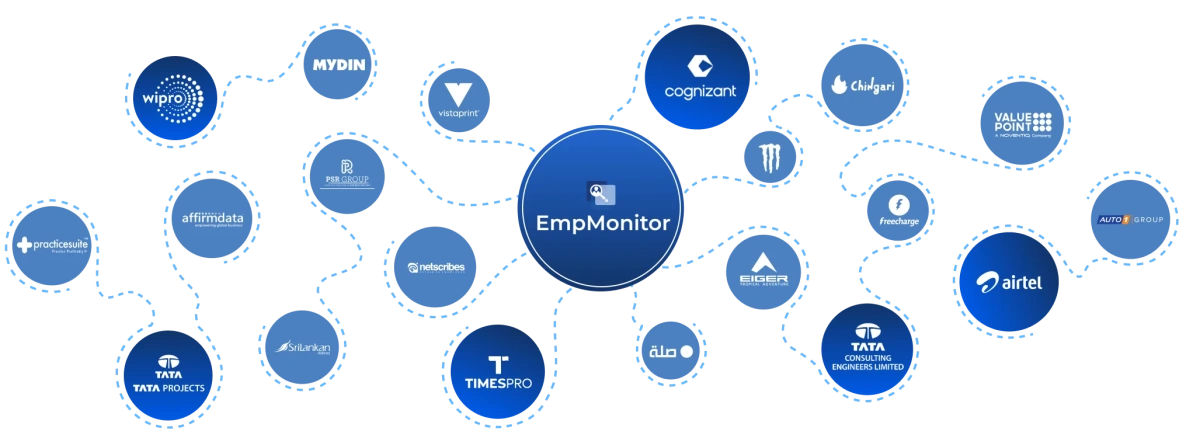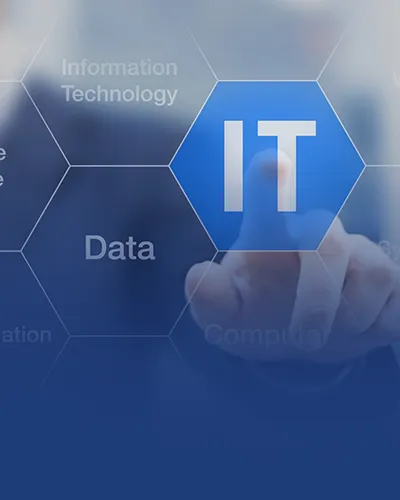Ethical Considerations in Deploying Employee Tracking Software
Ethical Considerations in Deploying Employee Tracking Software
Blog Article
In today's electronic age, workforce productivity software has become a preference in many organizations. Although it presents significant benefits like increased productivity and streamlined procedures, its deployment isn't without ethical concerns. For corporations looking to harness this engineering, knowledge these ethical factors is crucial. This article can examine the balance between leveraging engineering for performance and respecting worker solitude and rights.
Knowledge the Position of Employee Tracking Software
Employee tracking software is made to monitor various areas of office activity, from time spent on jobs to internet site usage. For employers, it's a tool that claims ideas into production habits and places for efficiency improvements. However, for employees, it frequently raises issues about solitude and trust. Understanding both sides is essential for honest implementation.

The software's capability to collect intensive information on personnel demands a careful approach. Employers must make certain that the implementation of tracking tools doesn't infringe on particular privacy or produce an environment of detective anxiety. Striking a harmony between business needs and specific rights is input maintaining a healthy workplace culture.
Handling Transparency with Confidence
Transparency is really a simple moral concern in deploying monitoring software. Workers must be educated by what knowledge is obtained, how it will undoubtedly be used, and who can have usage of it. Providing clear connection and seeking consent can help relieve considerations and build trust.
Employers must take part in open dialogues with employees, explaining the rationale behind using checking software. This openness not merely fosters confidence but in addition encourages feedback that can increase the system's implementation. By concerning personnel in the decision-making process, organizations can make sure that the program provides respectable business applications without overstepping boundaries.
Applying Fair Use Procedures
Designing fair utilization plans is important to address ethical problems related to worker tracking software. These procedures should outline the range of checking, specifying which activities are followed and for what reasons. Establishing apparent limits helps in avoiding misuse and assures that employees' personal time is respected.
A well-drafted policy must also depth the effects of policy violations to keep up accountability. It's very important to periodically review and upgrade these policies to adapt to developing workplace dynamics. That positive strategy guarantees that the software stays an instrument for positive change rather than a supply of contention.
Ensuring Data Protection and Privacy
With considerable data selection comes the obligation of knowledge protection and solitude protection. Employers must apply sturdy protection steps to shield sensitive worker information. Unauthorized access or data breaches may have significant honest implications, damaging trust and perhaps resulting in legal consequences.
To mitigate these risks, companies must use security, entry regulates, and normal audits to guard data integrity. Moreover, anonymizing data wherever possible can further improve solitude, ensuring that particular information isn't exposed unnecessarily. Employers must remain vigilant to constantly emerging threats in the electronic landscape.

Moving the Potential of Worker Tracking
As engineering continues to evolve, so too can the abilities of employee tracking software. It's crucial for firms to remain educated about developments and consistently reassess the honest proportions of their tracking practices. Regular training for equally employers and personnel will help keep recognition and foster a culture of ethical technology use.
By prioritizing open transmission, transparent guidelines, and knowledge protection, organizations may release employee tracking software ethically and responsibly. Managing the advantages of technology with regard for specific rights assures a unified office wherever technology increases productivity without limiting personal values.
Report this page